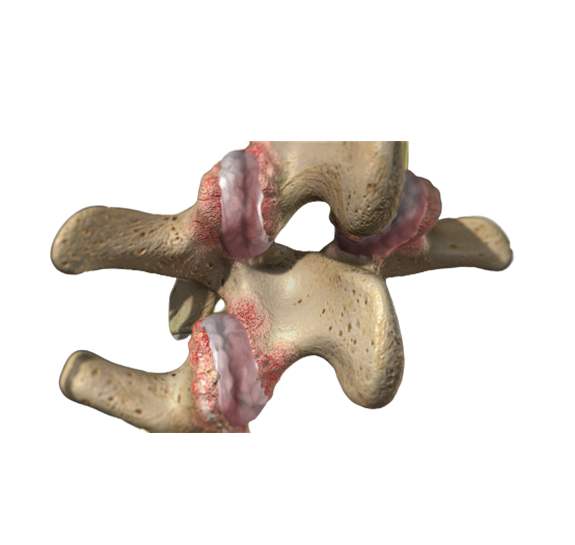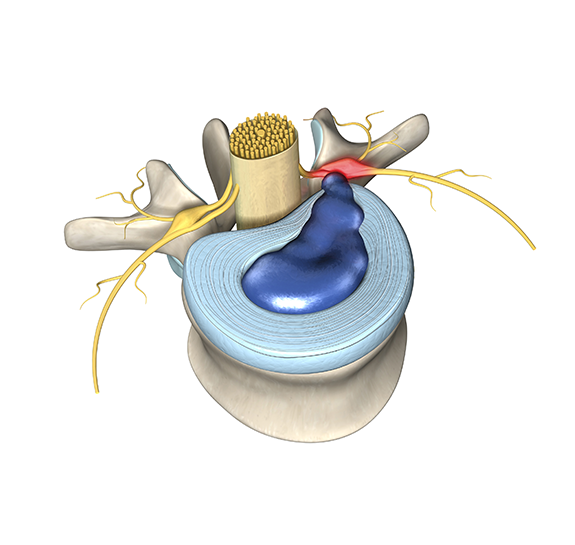What Your Doctor Can Do to Minimize Your Risk of Infection
What Your Doctor Can Do to Minimize Your Risk of Infection https://phoenixspineandjoint.com/wp-content/themes/psjoints/images/empty/thumbnail.jpg 150 150 Phoenix Spine & Joint Phoenix Spine & Joint https://phoenixspineandjoint.com/wp-content/themes/psjoints/images/empty/thumbnail.jpg While there is a lot of hype about infections from surgeries, the real risk of getting an infection from surgery is less than one percent. Fear of infection should not prevent you from having the spinal surgery you need to get back in the game. There are clear steps your doctor can take to minimize your infection risk. Here are three things your doctor should do to reduce your risk of getting an infection.
While there is a lot of hype about infections from surgeries, the real risk of getting an infection from surgery is less than one percent. Fear of infection should not prevent you from having the spinal surgery you need to get back in the game. There are clear steps your doctor can take to minimize your infection risk. Here are three things your doctor should do to reduce your risk of getting an infection.
Make Sure There is Plan in Place to Reduce Infection Risk
The first step a doctor should take to minimize your risk of infection is to have a clear plan in place. At Phoenix Spine Surgery Center, on the day of your surgery we will take a urine sample and blood sample and check both for signs of active infection. As part of our pre-operative preparations, we wipe down the surgical site with an antiseptic wash. Thirty minutes before the surgery, we give patients one dose of antibiotics through their IV.
At Phoenix Spine Surgery Center, we also sterilize our instruments on site. We inspect and clean every piece of equipment that we use every day – and we even test our autoclave sterilization machine daily to ensure it is functioning properly.
To close up incisions, we use dermabond glue to ensure the small incision made during surgery is securely closed before the patient leaves the operating room. The glue then dissolves over the coming week, eliminating the need for stitches to be removed (which can introduce another infection risk in and of itself). All of these steps are part of our plan to minimize infection risk.
Choose the Right Setting for Your Surgery
Choosing the right location for your surgery also helps to minimize risk. Ambulatory surgery centers tend to have a much lower rate of infection than hospitals do. The reasons are simple: hospitals are where people with serious infections go to be treated. Ambulatory surgery centers have way fewer people with infections as patients, and all patients spend much less time there (since there are no overnight stays) so the risk of infection is greatly minimized.
If you have to have surgery at a hospital, make sure it’s a good one. There is a lot of great information of every hospital in the U.S. Search for your hospital, then select it. You can get some sense of the hospital’s infection rate by selecting “complications,” then “surgical complications,” then “view graphic.”
Explore Minimally Invasive Surgery Options
Choosing the right type of surgery also helps minimize your infection risk. At Phoenix Spine Surgery Center, we only perform ultra-minimally invasive surgeries. Instead of making a larger incision and pulling muscle off of bone with retractors, our surgeons perform most minimal access spinal procedures using a small endoscope or microscope for magnification. Since minimal access surgery damages much less of the body, it has a lower risk of infection.
Your doctor is only one part of the equation in terms of minimizing surgery risk. If you are wondering what YOU can to do minimize infection risk take a look at our most recent article on that topic.

- Posted In:
- Complications






